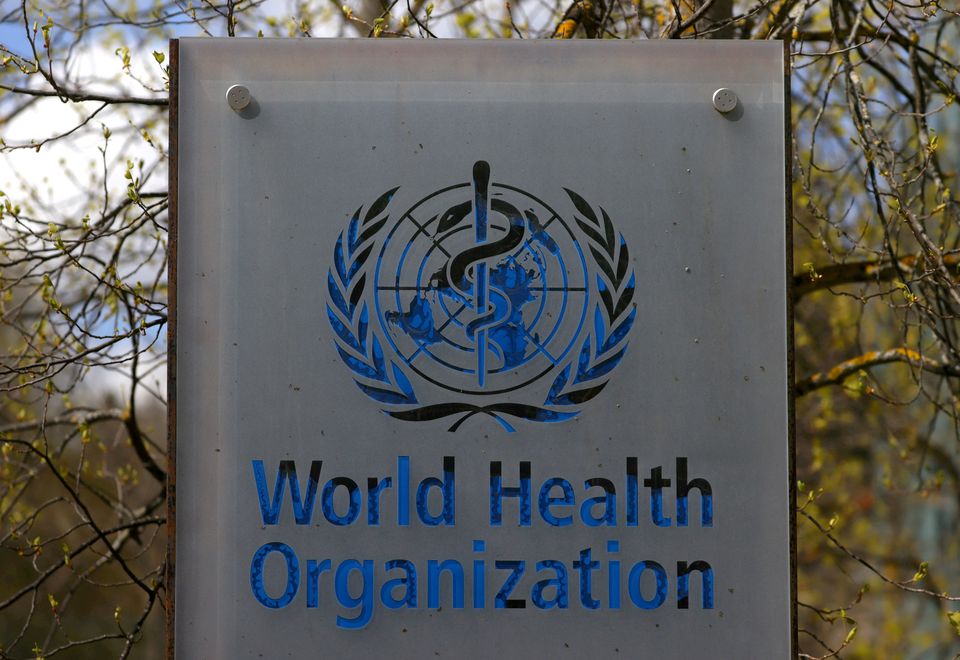GENEVA -- The World Health Organization (WHO) said on Sunday that it is not yet clear if the new Omicron coronavirus variant is more transmissible compared to other SARS-CoV-2 variants or if it causes more severe disease.
"Preliminary data suggests that there are increasing rates of hospitalization in South Africa, but this may be due to increasing overall numbers of people becoming infected, rather than a result of specific infection with Omicron," it said.
However, in a statement, the agency reiterated that preliminary evidence suggests there may be a higher risk of reinfection from the variant.
The WHO said it is working with technical experts to understand the potential impact of the variant on existing countermeasures against COVID-19 disease, including vaccines.
"There is currently no information to suggest that symptoms associated with Omicron are different from those from other variants," the WHO said.
"Initial reported infections were among university studies —younger individuals who tend to have more mild disease — but understanding the level of severity of the Omicron variant will take days to several weeks," it said.
PCR tests continue to detect infection with Omicron - which was first detected in South Africa earlier this month - and studies are ongoing to determine whether there is any impact on rapid antigen detection tests, the WHO said.





















































